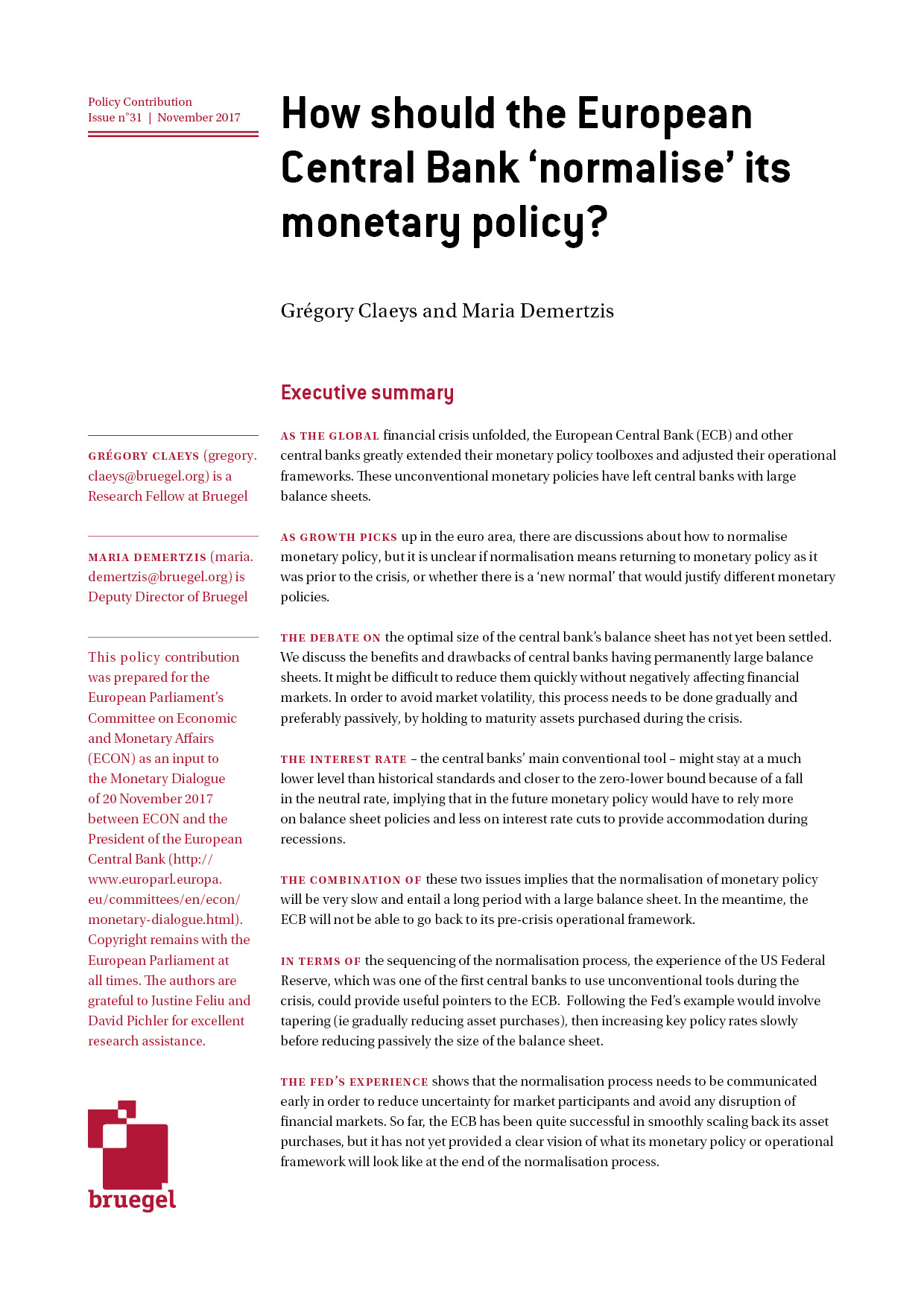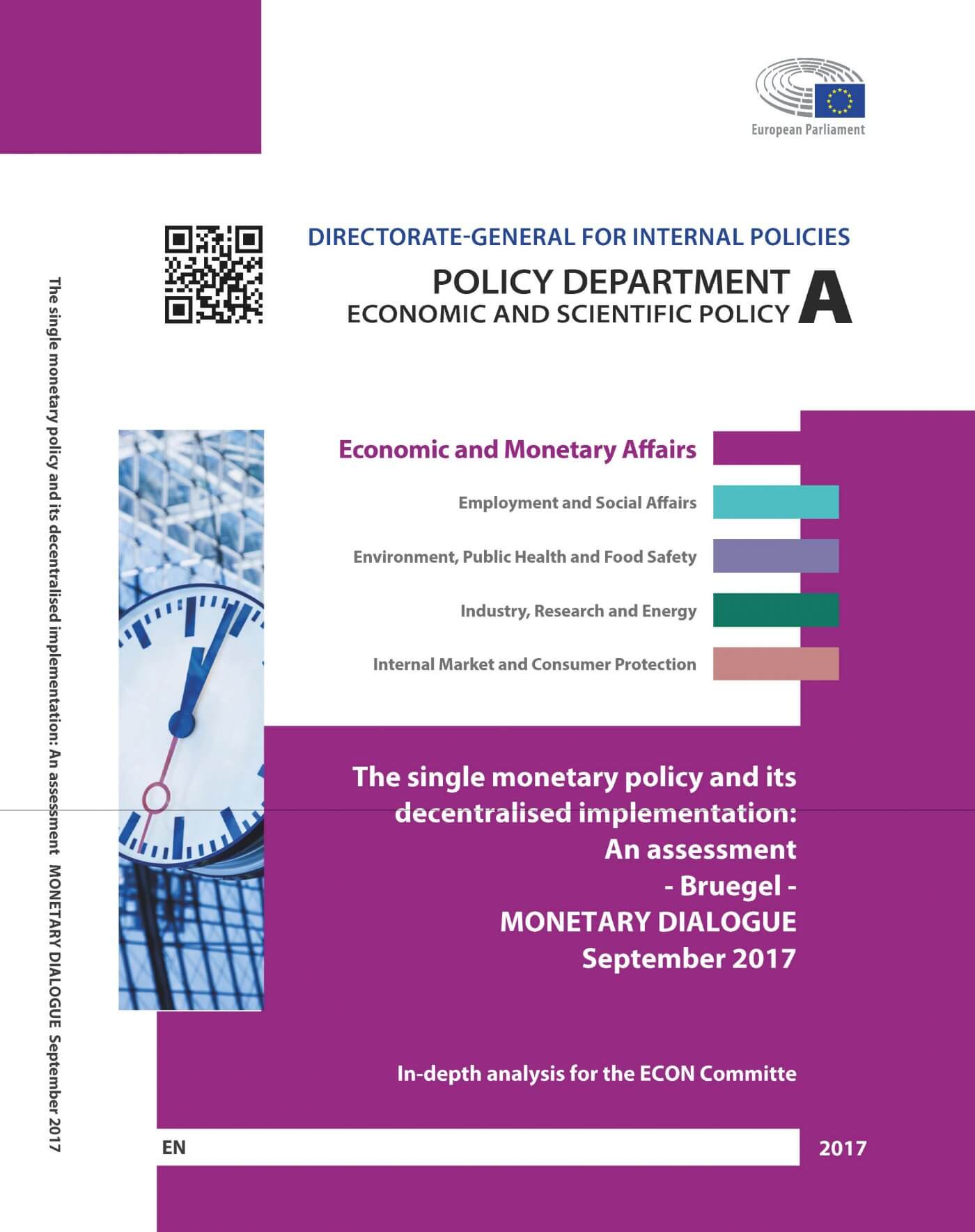Opinion

Is this really a currency war or just a tantrum?
Since the People’s Bank of China (PBOC) allowed the yuan to surpass the dreaded level of 7 to the dollar on August 11, rivers of ink have flowed citing a new matter of contention between the U.S. and China, namely using currencies to gain competitiveness or, more simply, a "currency war."







